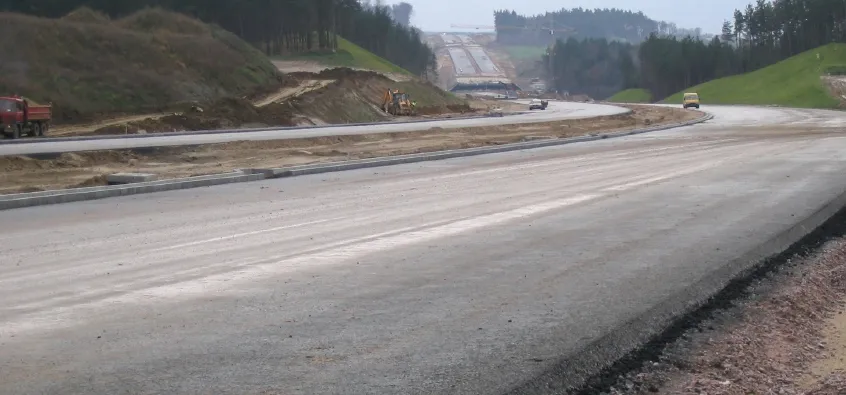Political controversy is looming with the revelation that Romania's National Road Company (CNADNR) has spent some €1.5 billion on upgrading 2,800 km of roads since 2004.
March 5, 2012
Read time: 2 mins
Political controversy is looming with the revelation that Romania's National Road Company (2870 CNADNR) has spent some €1.5 billion on upgrading 2,800 km of roads since 2004.
The funding for the road improvements was supplied jointly by Romania's state budget as well as from European sources. One issue is that CNADNR has been accused of mis-spending over €93 million of2332 World Bank funding in 2004, when it missed targets set by the bank intended to establish project management standards. Although funding has been routed from international sources into Romania's road network, little benefit appears to have been achieved so far. Romania's road authorities have invested in feasibility studies for highway projects but the amount of construction work carried out to date has been minimal.
For example, only now is Austrian contractor945 Strabag working on a project to upgrade Romania's DN14 and DN15A national roads in deals worth a total of some €106 million. STRABAG's deal will see the firm upgrading a total of 150km of road, with the work commencing in April 2011 and scheduled for completion in March 2013. As part of its contract, STRABAG will widen and improve the existing road network, upgrade bridges, and install safety measures. The work forms part of the sixth rehabilitation programme of national roads in Romania and is financed by funds from the 1054 European Investment Bank and from the national budget.
The funding for the road improvements was supplied jointly by Romania's state budget as well as from European sources. One issue is that CNADNR has been accused of mis-spending over €93 million of
For example, only now is Austrian contractor






